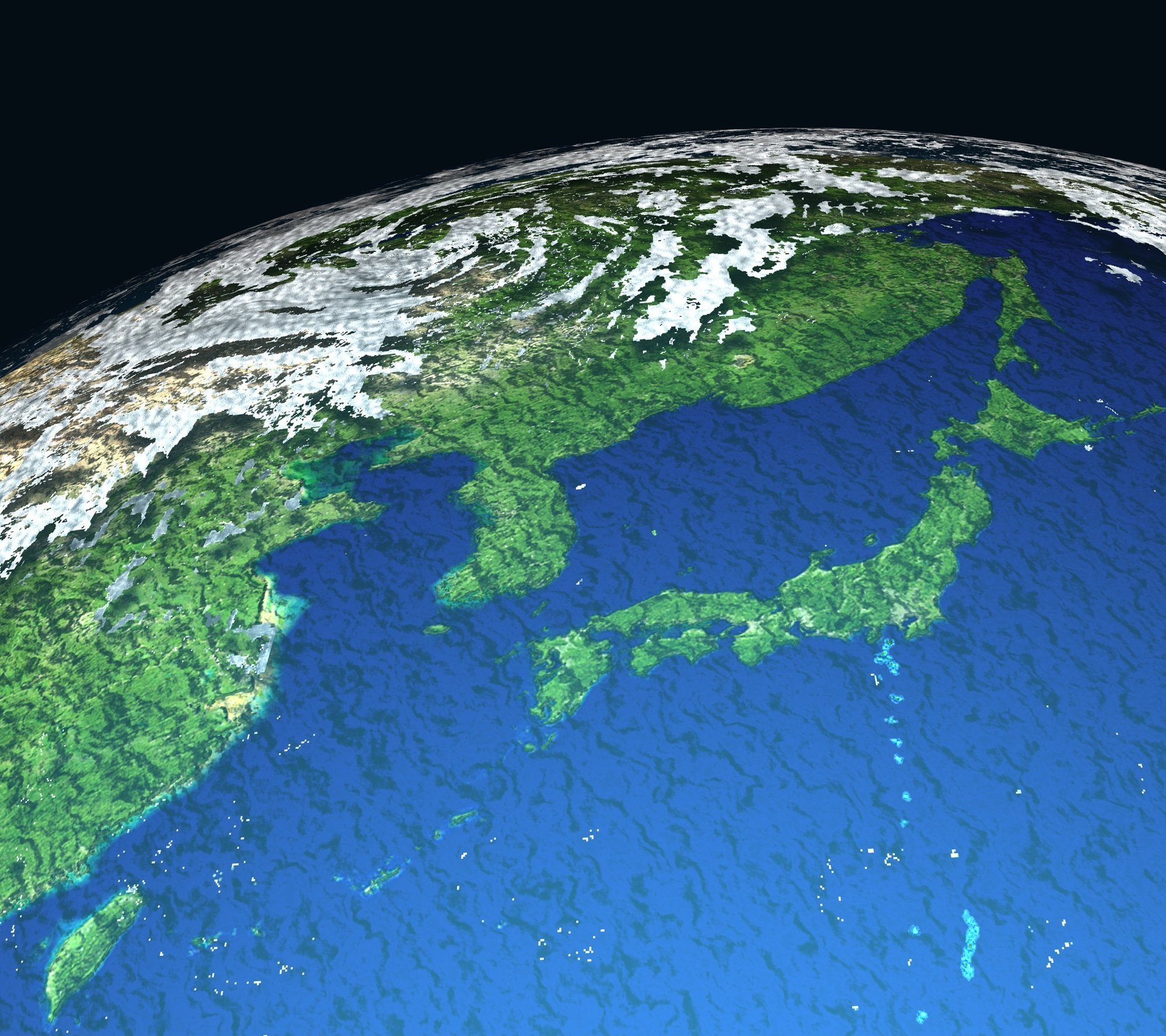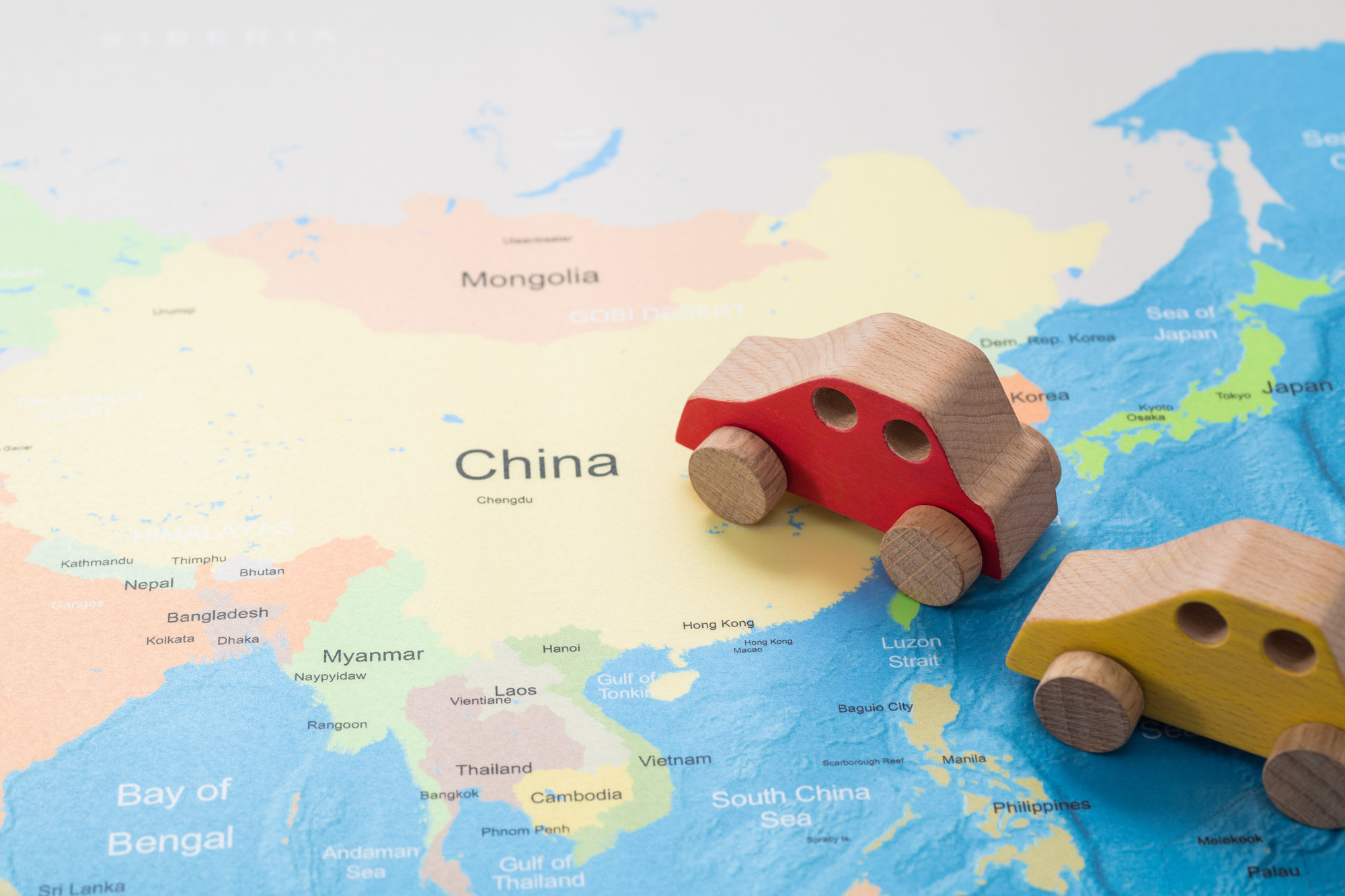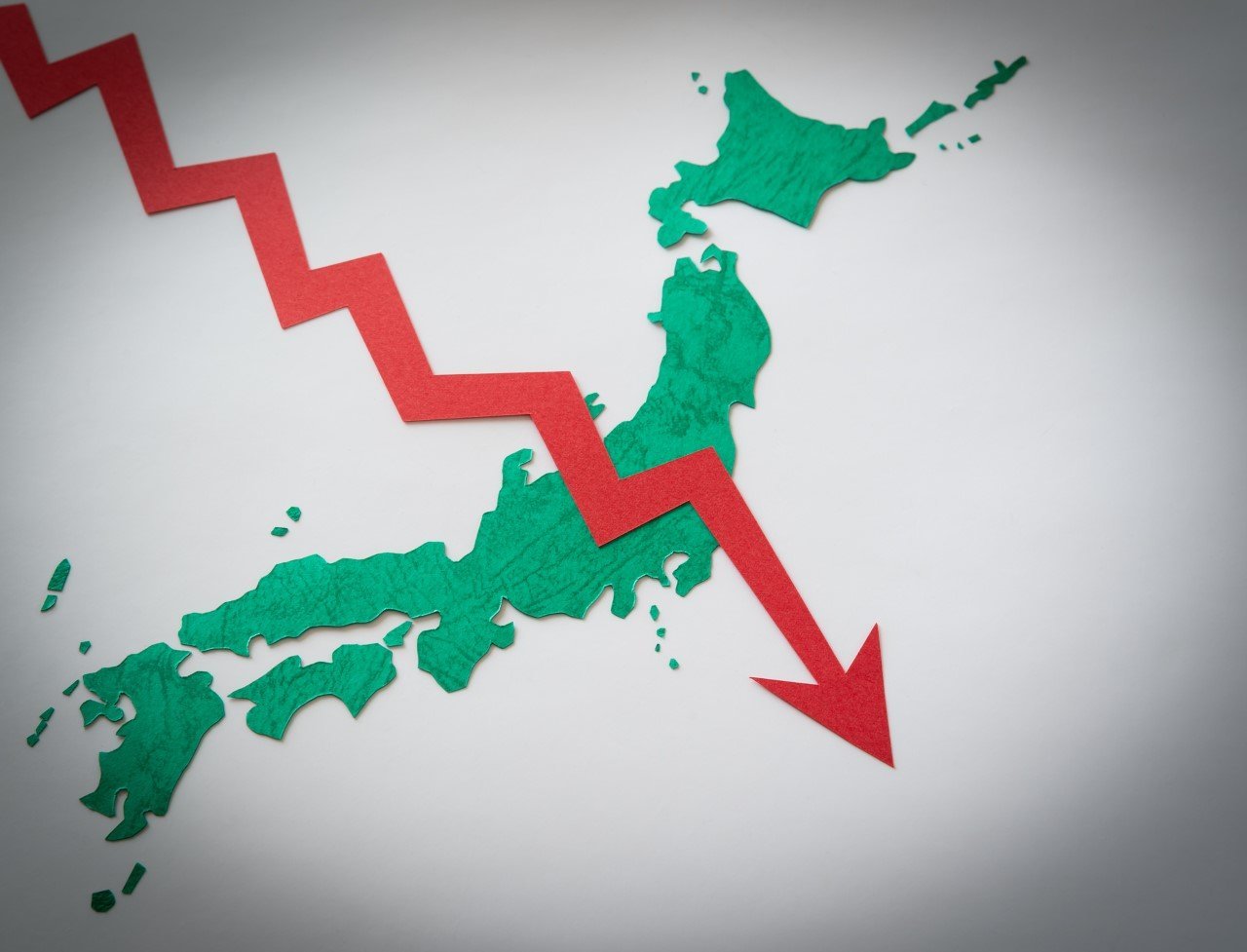2011/05/25
No. 119: Tetsuya Endo, "The International Impact of the Fukushima Nuclear Power Plant Crisis - Nuclear power safety issues know no borders -"
In perfect accord with the aphorism "an accident anywhere is an accident everywhere," the Fukushima Dai-Ichi nuclear power plant crisis sent shock waves around the world. The impact was all the greater for the crisis had taken place in Japan, acknowledged both at home and abroad as an advanced nuclear power country. It was only on April 17 (and revised on May 17) that Tokyo Electric Power Company (TEPCO) announced its tentative roadmap for resolving the problem, and much depends on how this plan will be translated into practical action. In any case, since we are still dealing with the crisis, I should stress that the reactions of other countries are also tentative.
Impact on National Nuclear Power Policies
First, the nuclear power industry had only just recently recovered from the protracted aftereffects of the Three Mile Island and Chernobyl accidents and entered a "Nuclear Power Renaissance" when this latest crisis whipped up another harsh headwind impeding the progress of nuclear power generation. That said, however, the crisis does not mean a farewell to nuclear power. A post-accident Gallop poll of public opinion in 47 countries/regions has shown that, though approval of nuclear power generation has fallen, support still exceeds opposition by 49% to 43%.
Second, all countries share an intense concern for safety. Nuclear power safety was previously deemed a matter of national sovereignty and, while this has not changed since the Chernobyl accident, nuclear safety has become an issue of common interest for the world's countries. It was also about the time of Chernobyl that the IAEA Secretariat set up an independent Department of Nuclear Safety. New developments since then include conclusion of a safety convention, implementation of peer reviews, creation of the World Association of Nuclear Operators (WANO), and acknowledgment of the importance of a safety culture. Nuclear safety issues are scheduled to be discussed in connection with the Fukushima crisis at the IAEA's ministerial-level Nuclear Safety Conference to be held in late June and the IAEA General Conference to be held in September of this year as well as in the upcoming G8 and G20 meetings to be chaired by France. Future safety issues will thus draw even greater attention from the international community, giving rise to the possibility of efforts to formulate more concrete and uniform international safety standards and guidelines.
Third, the impact of the crisis differs somewhat by country. Countries can very roughly be divided into the following categories:
(1) Countries that have actively pursued nuclear power generation and will continue such pursuit in future. They include France, Russia, South Korea, India, and China.
(2) Countries that had moved away from nuclear power following the Chernobyl accident but that have in recent years steered their policies in a more positive direction. These are primarily European countries - Sweden, Germany, Italy, Switzerland, the UK, etc. - and there are signs that rising distrust of nuclear power among their populations could cause these countries to revert to their previous stances of moving away from nuclear power.
(3) Countries friendly to the introduction of nuclear power (these can be broadly subdivided into countries that have already decided to introduce nuclear power and countries still considering introduction).
The United Arab Emirates (UAE), Vietnam, Turkey and other countries that have made specific plans to introduce nuclear power will likely carry out these plans, albeit with some delay. Jordan, Malaysia and other countries still in the consideration phase, however, will no doubt adopt a cautious wait-and-see attitude for the time being.
(4) The Obama administration has from the outset claimed that nuclear power is essential for the United States, and it has gradually begun to adopt a more clear-cut position (promoting nuclear power as a form of clean energy). In view of heightened anxieties about nuclear power prompted by the Fukushima crisis, however, the administration has ordered the Nuclear Regulatory Commission (NRC) to conduct comprehensive safety inspections of all nuclear reactors in the US.
Nevertheless, commercial concerns will likely dictate whether the US will undertake construction of new nuclear power plants, which has been discontinued for more than 30 years.
The Problem of Information Dissemination
In dealing with the earthquake and the tsunami, the other two elements of the recent triple disaster, Japan has received embarrassingly high praise for being an orderly country with a very cohesive and thoughtful populace that responds to disasters in a cool-headed fashion. These same countries have not seen the Japanese response to the nuclear power plant crisis in the same light, though, and their assessments have not been universally positive. Let me offer just two examples.
One concerns the dissemination of information. Judging just from the foreign media coverage and the reactions of many foreigners resident in Japan, it seems quite improbable that information about the nuclear crisis was disseminated properly. Because of preconceptions that the Japanese suppress "inconvenient" information, that they are disturbingly opaque, and that they intentionally underestimate the impact of disasters, there was a propensity among overseas observers to filter information from Japan through these biases. Language difficulties and perhaps more so the fact that nuclear power is a specialist field difficult for laymen to understand likely had a part in this. There is also the perception that the parties involved with nuclear power in Japan have formed a closed "nuclear power village" in which political officials, nuclear power companies, government bureaucrats (among whom there is also the problem of a lack of segregation between the regulation and promotion of nuclear power) and academics scratch each other's backs and inappropriately keep from outside parties information that reflects poorly on "the village." In any case, we must take drastic measures to correct this view, using this one-off chance to turn ill fortune into good in the wake of this disaster.
The second example is the release of low-level radioactive water into the sea. I think this was an unavoidable measure, and it is not one prohibited by international law. Still, it is both desirable and necessary in the interest of maintaining good foreign relations to offer adequate explanations beforehand to neighboring countries such as China, South Korea and Russia as well as others. In addition to prompt disclosure of appropriate information as discussed in the first example, we must in the future give due consideration to the international community when addressing issues of international concern.
Tetsuya Endo is Senior Adjunct Fellow of the Japan Institute of International Affairs and former Vice Chairman of the Atomic Energy Commission of Japan.
The views expressed in this piece are the author's own and should not be attributed to The Association of Japanese Institutes of Strategic Studies.









